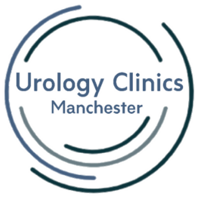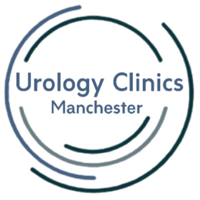Hypogonadism is a condition that affects the sex gland in both men and women called the Gonads. Patients with hypogonadism produce little to no sex hormones, which can lead to low sex drive or libido.
For the purpose of this blog, we will focus on the effect on men.
Testicles in the male reproductive system are responsible for producing testosterone, which is the main male sex hormone. If you have hypogonadism this means that your testosterone level is low.
Hypogonadism can either be caused by a problem with the productive system or a problem within the brain
- Primary hypogonadism: A problem within the sex glands that slows or stops hormone production.
- Secondary (central) hypogonadism: A problem with brain signals that affects hormone production (pituitary gland or hypothalamus)
As we get into our late 40’s/50’s the production of sex hormones naturally goes down; resulting in a reduced sex drive. These changes are normal so it is important to note that it is not necessarily the hypothalamus. If reduced libido and sex drive occurs in younger men then this may be linked to hypogonadism.
Here are some of the most common causes of primary and secondary hypogonadism:
Primary
- Conditions such as diabetes and Addison’s Disease (affecting the adrenal gland)
- Cancer treatments such as chemotherapy or radiotherapy
- Genetic disorders such as Klinefelter syndrome
- Undescended testicles
- Liver or kidney disease
- Previous surgery on the reproductive system
Secondary
- Obesity
- Pituitary disorders
- Use of steroids or opiods
- Previous brain surgery or cancer treatment
- Infections
These are just some of the possible causes.
Here are some of the most common signs and symptoms in men:
- Enlarged breasts tissue
- Erectile dysfunction
- Infertility (this is related to the low sperm count)
- Muscle loss
There are two main ways that hypogonadism can be diagnosed in men:
- A blood test – this looks at the different levels in the blood
- Semen analysis – this looks at the amount and quality of sperm
If you would like to speak to our team about hypogonadism please call us on 0161 327 1269 or email us at info@urologyclinics.co.uk
This article is intended to inform and give insight but not treat, diagnose or replace the advice of a doctor. Always seek medical advice with any questions regarding a medical condition.





0 Comments